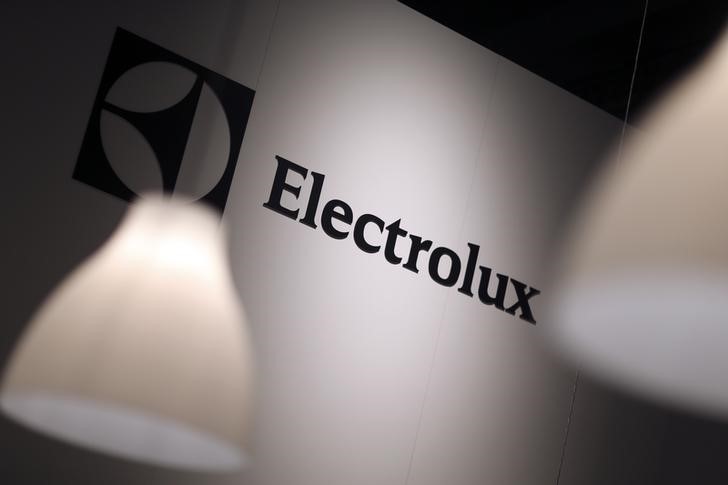Investing.com -- Shares of SEB (EPA:SEBF) and Electrolux (ST:ELUXb) dipped over 3% and 5%, respectively, following the French Competition Authority's decision to impose hefty fines for anti-competitive practices in the household appliance sector.
The regulator posted a long-standing scheme among 12 companies, including major manufacturers and distributors, to fix retail prices and stifle competition.
The total fines amounted to €611 million, marking one of the largest penalties of its kind in recent years.
The French Competition Authority disclosed that the companies engaged in vertical price-fixing agreements between 2007 and 2014.
These arrangements aimed to maintain artificially high retail prices, particularly as competition from online distributors began to intensify.
By dictating prices to distributors and enforcing compliance through retaliatory measures, the manufacturers eliminated competition within their own brands.
Consumers were denied the benefits of lower prices and wider choices typically associated with increased competition.
SEB, Electrolux, Whirlpool (NYSE:WHR), LG, and other key players in the industry were implicated in the scheme. Two major distributors, Boulanger and Darty, were also sanctioned.
The investigation, initiated after the Directorate General for Competition Policy, Consumer Affairs, and Fraud Control unearthed key evidence, included dawn raids in 2013 and 2014.
The BSH Group, part of the proceedings, applied for leniency in 2015, assisting authorities with evidence.
In 2016, horizontal agreements among the companies were separated into a distinct case, leading to a 2018 decision that imposed €189 million in fines on six companies.
The French Competition Authority emphasized the seriousness of the violations, citing the deliberate suppression of competitive pricing during a critical growth period for online sales.
By forcing retailers to adhere to fixed prices under the threat of delivery delays or suspensions, the companies distorted the market to their advantage, at the expense of consumers.
Ten of the 12 companies involved chose not to contest the charges, opting for a settlement procedure that allowed for reduced fines.
